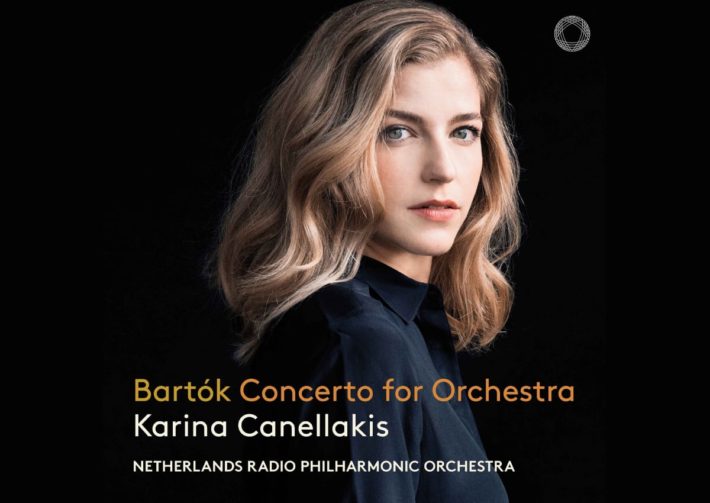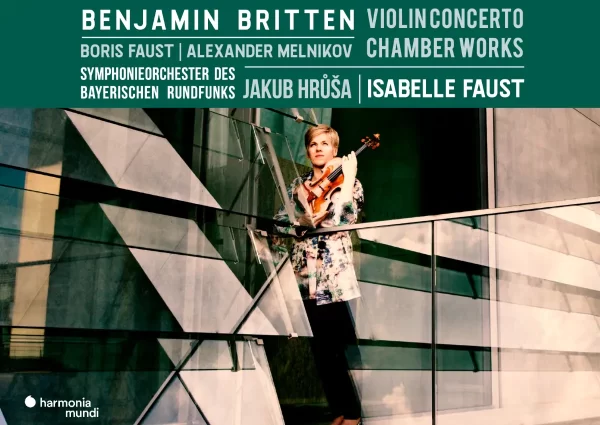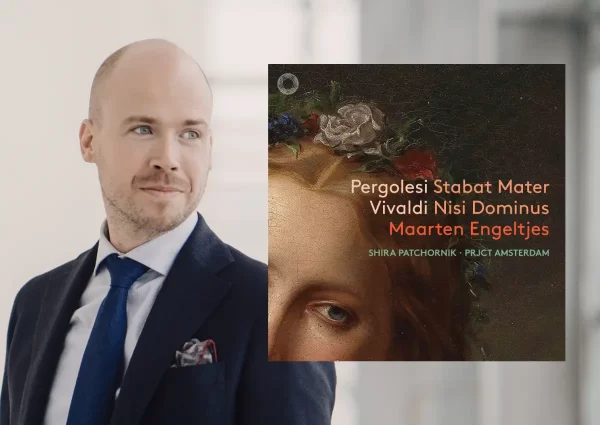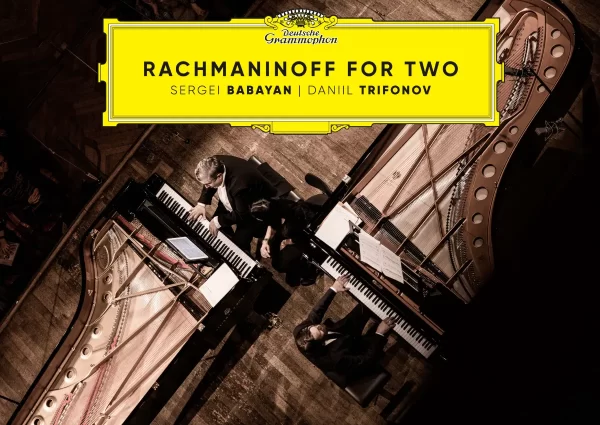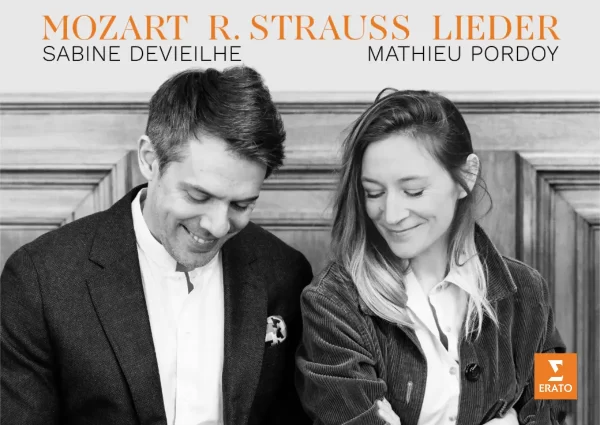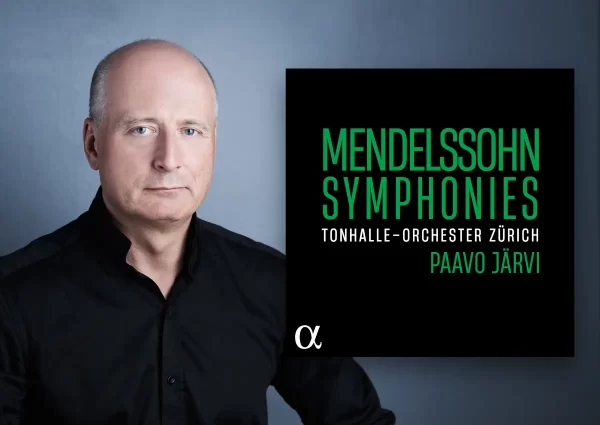This is Karina Canellakis’s debut album under her exclusive agreement with Pentatone, leading the Netherlands Radio Philharmonic Orchestra, of which she is the Chief Conductor.
The low string soliloquy that begins the Concerto for Orchestra’s first movement is surprisingly plain-spoken – I expected a heightened sense of mood, though the upper strings tremolo response, played on the threshold of audibility, does create a sense of fearful apprehension. Wind solos, here and throughout, are beautifully played if at times too richly upholstered. Canellakis encourages incisive playing, but the depth and warmth of the engineering sometimes blunts the edginess of the playing, especially compared to Solti’s Chicago recording where the early digital sound is sometimes too much of a good thing. Ivan Fischer’s Budapest Festival Orchestra recording (Philips) is perhaps the ideal.
Canellakis ensures we hear the various stands of orchestral texture, though at times I wanted her to loosen the reins a bit. Both Reiner and Solti, for instance, allow the brass more leeway, to thrilling effect. And throughout this opening movement Canellakis seems to move from section to section, whereas Reiner and Fischer shape it into a single sweeping arch.
But something really clicks in at the beginning of the second movement. Taken at a faster than normal tempo, the reading is sarcastically playful, and the orchestra is obviously enjoying itself. The ‘Elegia’ has the eerie and forbidding atmosphere I missed in the opening movement. Again and again, Canellakis’s ear for detail and the sensitive response of the players ensures we hear lots of inner detail. The fourth movement is vividly characterized, the mockery of Shostakovich’s seventh symphony particularly caustic.
Related Classical Music Reviews
- Review: Ammann, Ravel, Bartók – Piano Concertos – Haefliger, Helsinki Philharmonic Orchestra, Mälkki
- Review: Bartòk – The Wooden Prince & Dance Suite – Măcelaru
- Review: Bartók – Concerto for Orchestra, Suite No. 1 – Dausgaard
In the final movement the orchestra seizes the opportunity to revel in its collective virtuosity. Again, the engineering somewhat softens the orchestra’s more aggressive playing, but Canellakis drives the music hard, and the orchestra plays with enthusiasm, plenty of character and an altogether higher emotional temperature than the recent Helsinki Philharmonic Orchestra performance under Susanna Mälkki on BIS (reviewed here).
The program opens with the lesser known ‘Four Orchestral Pieces,’ its ‘Preludio’ (track 1, 8’13”) daringly spacious: Boulez in Chicago (DG) is roughly a minute and half quicker, while Gardner in Melbourne (Chandos) only takes 7’14”. But Canellakis uses the extra time to conjure a sensuously alluring atmosphere, the first few minutes of which could be easily mistaken as a work by Ravel. The second movement Scherzo is faster than Boulez and Gardner, though they both encourage an edgier, less refined sound from their orchestras (Boulez helped in this regard by DG’s upfront sound and Chicago’s ferocious brass). The following Moderato is gentler, the Netherlanders offering a more distilled and captivating beauty. The set ends with a funeral march, Canellakis soliciting a somber and weighty atmosphere (aided by Pentatone’s typically wide and deep soundstage) in which the grief is objective and more universal, whereas Gardner (at a faster tempo) is more personal, raging against the loss. Both approaches prove emotionally satisfying.
This is a live recording, but one would never know it – even listening through headphones I never noted their presence. Pentatone’s recording is exceptionally fine, though as noted, it sometimes works against the performers and interpretation. The same is true of the Chandos recording (Melbourne SO/Gardner). BIS offers the best sound, though Mälkki’s technically exacting readings lack the last ounce of Hungarian flavor. These new readings are more compelling, and I look forward to the next release from this partnership.

Bartok – Concerto for Orchestra
Netherlands Radio Philharmonic Orchestra
Karina Canellakis – Conductor
Pentatone, CD PTC5187027
Recommended Comparisons
Boulez | Solti | Gardner | Bernstein
Read more classical music reviews or visit The Classic Review Amazon store
Follow Us and Comment:
Get our periodic classical music newsletter with our recent reviews, news and beginners guides.
We respect your privacy.

